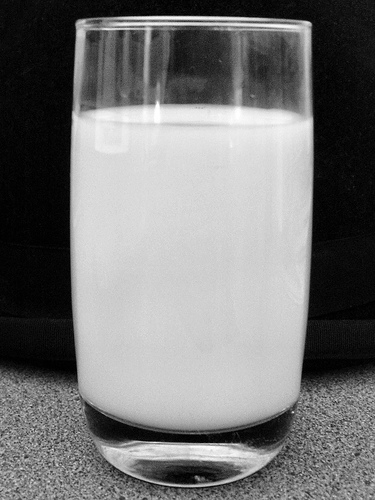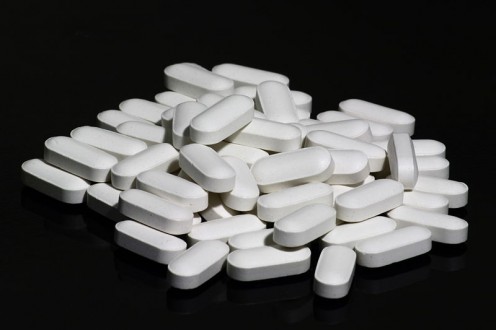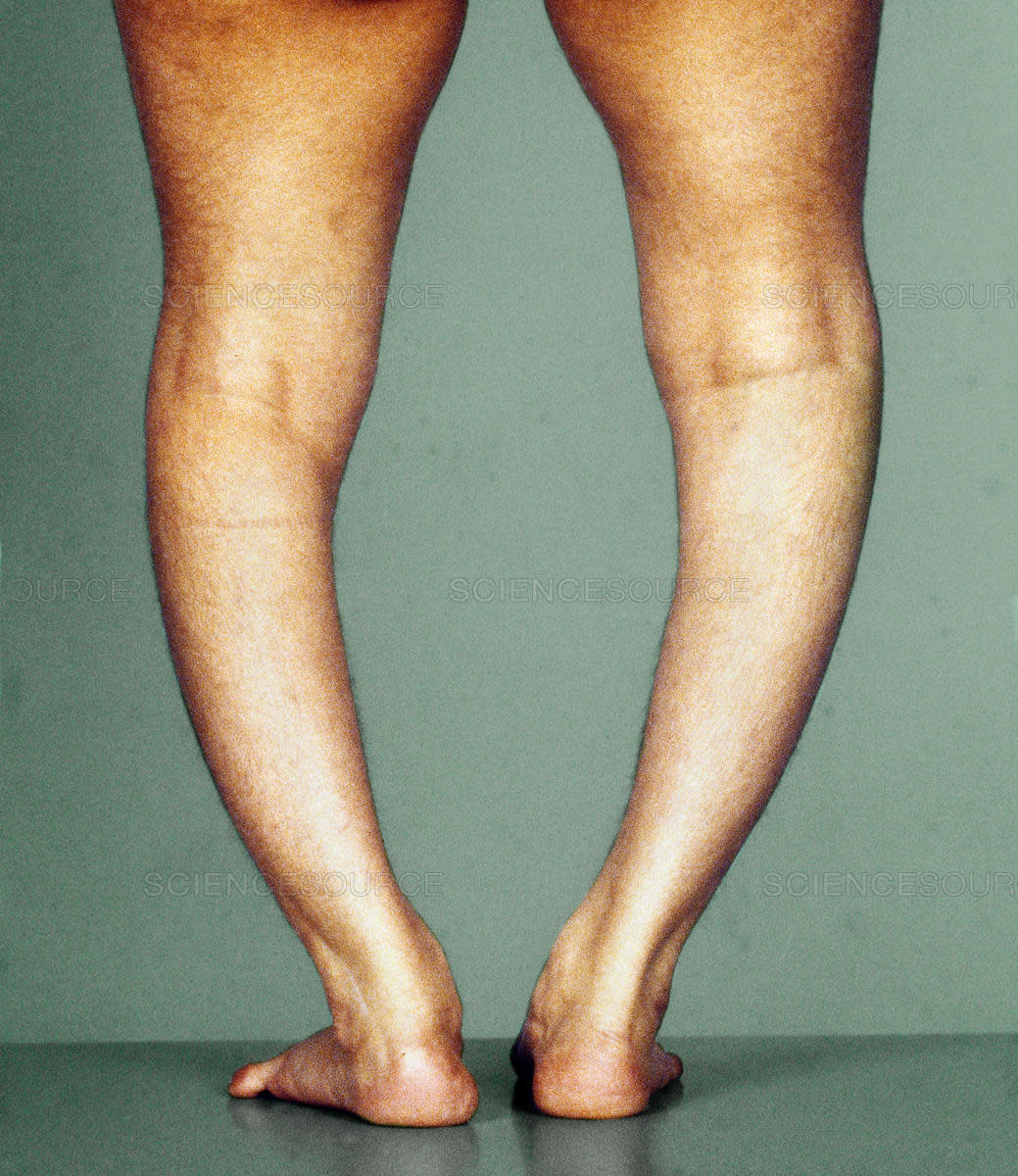Importance Of Calcium
Calcium is a major mineral found in our body. It constitutes 1.5 - 2 per cent of the body weight of an adult person. Our body contains almost 1,200 gm of calcium, of which 98 per cent is found in bones, and about 10 mg/dl is found in blood.
Sources
Calcium is available through many resources. The best natural sources are: milk, milk products (cheese, curd, skimmed milk, butter milk), egg yolk and fish
The cheapest dietary sources are green leafy vegetables, but calcium is in insoluble form so it can not be absorbed properly.
Calcium is also found in drinking water and in some fruits.
Absorption
Normally, about 20-30 per cent of dietary calcium is absorbed, which is regulated to some extent by our body needs.

Requirements
For adults, daily intake of 1,000 mg is required. In children, this intake is higher. Recommended daily intake values for different age groups are in this chart:
Functions
Calcium in our plasma performs many functions, such as:
- Formation of bones and teeth
- Coagulation of blood
- Contraction of muscles
- Milk production
- Cardiac action
- Keeping cell membranes intact
- Transformation of light to electrical impulses in retina
- In metabolism of enzymes and hormones.

Deficiency
If calcium is taken in low quantities or if it does not meet the body requirements, rickets and Osteomalacia can arise. In Rickets, the bones are bent at the ankles.
Calcium deficiency in young girls can cause abnormal formation of bones, which can lead to problems during pregnancy and delivering babies. After 50 years of age, calcium deficiency can lead to decrease in the bone density, and this can lead to easy fractures. So, a glass of milk a day keeps your bones and teeth strong. I think drinking milk regularly is worth the trouble.








